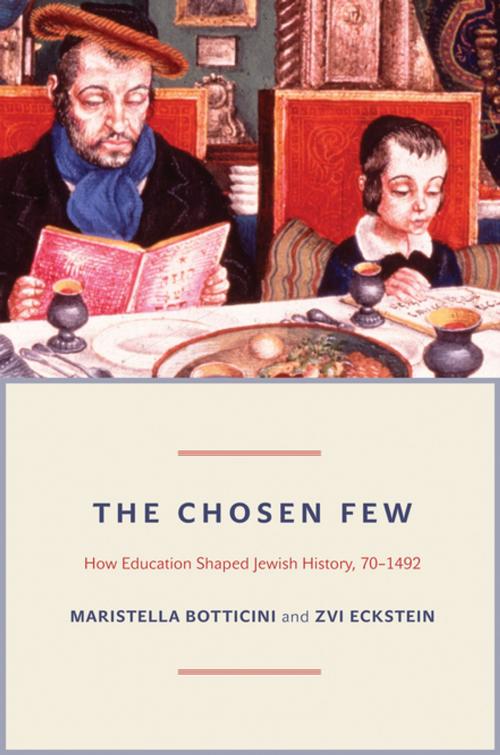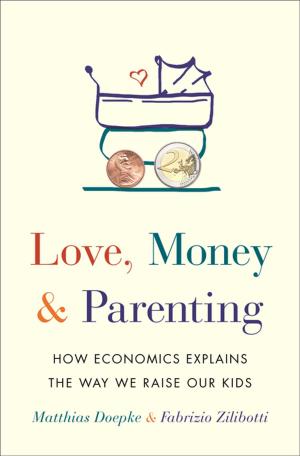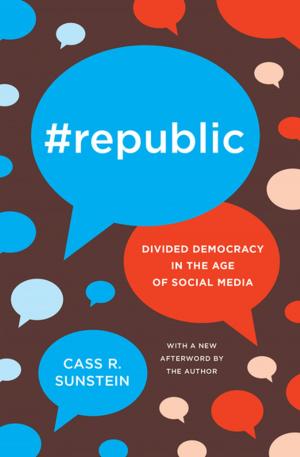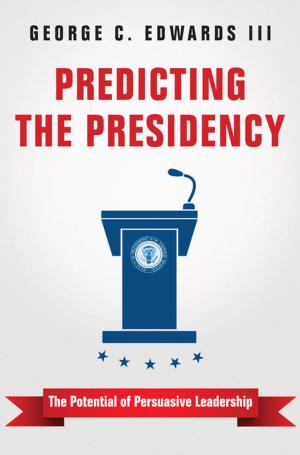The Chosen Few
How Education Shaped Jewish History, 70-1492
Nonfiction, Religion & Spirituality, Judaism, History, Business & Finance, Economics, Economic History| Author: | Maristella Botticini, Zvi Eckstein | ISBN: | 9781400842483 |
| Publisher: | Princeton University Press | Publication: | August 5, 2012 |
| Imprint: | Princeton University Press | Language: | English |
| Author: | Maristella Botticini, Zvi Eckstein |
| ISBN: | 9781400842483 |
| Publisher: | Princeton University Press |
| Publication: | August 5, 2012 |
| Imprint: | Princeton University Press |
| Language: | English |
In 70 CE, the Jews were an agrarian and illiterate people living mostly in the Land of Israel and Mesopotamia. By 1492 the Jewish people had become a small group of literate urbanites specializing in crafts, trade, moneylending, and medicine in hundreds of places across the Old World, from Seville to Mangalore. What caused this radical change? The Chosen Few presents a new answer to this question by applying the lens of economic analysis to the key facts of fifteen formative centuries of Jewish history.
Maristella Botticini and Zvi Eckstein show that, contrary to previous explanations, this transformation was driven not by anti-Jewish persecution and legal restrictions, but rather by changes within Judaism itself after 70 CE--most importantly, the rise of a new norm that required every Jewish male to read and study the Torah and to send his sons to school. Over the next six centuries, those Jews who found the norms of Judaism too costly to obey converted to other religions, making world Jewry shrink. Later, when urbanization and commercial expansion in the newly established Muslim Caliphates increased the demand for occupations in which literacy was an advantage, the Jews found themselves literate in a world of almost universal illiteracy. From then forward, almost all Jews entered crafts and trade, and many of them began moving in search of business opportunities, creating a worldwide Diaspora in the process.
The Chosen Few offers a powerful new explanation of one of the most significant transformations in Jewish history while also providing fresh insights to the growing debate about the social and economic impact of religion.
In 70 CE, the Jews were an agrarian and illiterate people living mostly in the Land of Israel and Mesopotamia. By 1492 the Jewish people had become a small group of literate urbanites specializing in crafts, trade, moneylending, and medicine in hundreds of places across the Old World, from Seville to Mangalore. What caused this radical change? The Chosen Few presents a new answer to this question by applying the lens of economic analysis to the key facts of fifteen formative centuries of Jewish history.
Maristella Botticini and Zvi Eckstein show that, contrary to previous explanations, this transformation was driven not by anti-Jewish persecution and legal restrictions, but rather by changes within Judaism itself after 70 CE--most importantly, the rise of a new norm that required every Jewish male to read and study the Torah and to send his sons to school. Over the next six centuries, those Jews who found the norms of Judaism too costly to obey converted to other religions, making world Jewry shrink. Later, when urbanization and commercial expansion in the newly established Muslim Caliphates increased the demand for occupations in which literacy was an advantage, the Jews found themselves literate in a world of almost universal illiteracy. From then forward, almost all Jews entered crafts and trade, and many of them began moving in search of business opportunities, creating a worldwide Diaspora in the process.
The Chosen Few offers a powerful new explanation of one of the most significant transformations in Jewish history while also providing fresh insights to the growing debate about the social and economic impact of religion.















